Peter Ameh, the National Secretary of the Coalition of United Political Parties, CUPP, didn’t mince words when he accused President Bola Tinubu of wreaking havoc on Nigeria’s economy during his two years in office. In a recent interview on Arise News, Ameh expressed deep concern over the detrimental effects of Tinubu’s decisions on the country.
According to Ameh, the removal of fuel subsidy under Tinubu’s leadership was not only abrupt but also lacked sensitivity towards the plight of ordinary Nigerians who were already grappling with economic challenges from previous administrations. He criticized the All Progressives Congress (APC) for implementing policies without a holistic consideration of their impact on the populace.
Amidst growing discontent and hardship among Nigerians, Ameh questioned whether members of the ruling party were out of touch with reality or simply too afraid to acknowledge the harsh realities faced by citizens. He highlighted how liberal economic principles enforced without proper planning can exacerbate suffering among vulnerable groups.
“In the last two years, the President has worsened our economic progress. He has destroyed everything he met on ground,”
stated Ameh emphatically. The hasty removal of fuel subsidy without a well-thought-out strategy resulted in skyrocketing fuel prices, directly affecting transportation costs and triggering ripple effects across various sectors.
Ameh emphasized that effective governance requires meticulous planning and consistent implementation of policies outlined in a robust manifesto. However, he lamented that many promises made by President Tinubu remained unfulfilled, leaving Nigerians disillusioned with empty assurances.
Reflecting on Tinubu’s unkept pledges such as tilling 500,000 hectares of land and other grand statements lacking tangible actions, Ameh urged for accountability and genuine efforts to improve citizens’ lives. He underscored that sustainable development hinges on proactive measures backed by comprehensive strategies rather than impulsive decisions.
As criticisms mount against President Tinubu’s administration for its perceived disconnect from grassroots realities and failure to address pressing societal needs adequately, concerns about escalating hardships persist among everyday Nigerians. The repercussions of ill-conceived policies continue to reverberate through communities struggling to cope with rising living costs amidst stagnant wages.
In light of ongoing debates surrounding governance effectiveness and socio-economic welfare in Nigeria, experts stress the importance of prudent policy-making rooted in thorough analysis and foresight. The need for transparent communication channels between leaders and constituents remains paramount to foster trust and ensure inclusive decision-making processes that prioritize public interests above all else.
While political landscapes evolve and public sentiments fluctuate, it is imperative for leaders like President Tinubu to heed constructive criticism constructively engage with divergent viewpoints to steer national progress towards prosperity for all citizens alike.



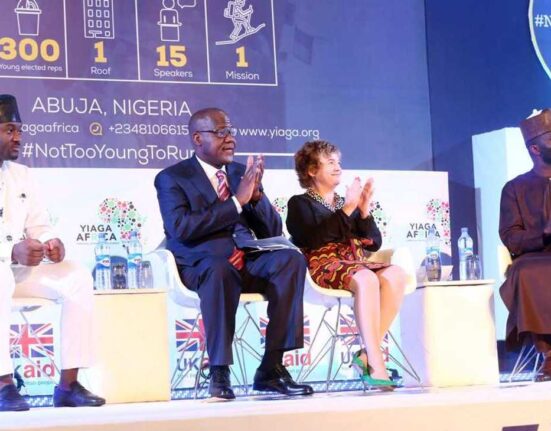
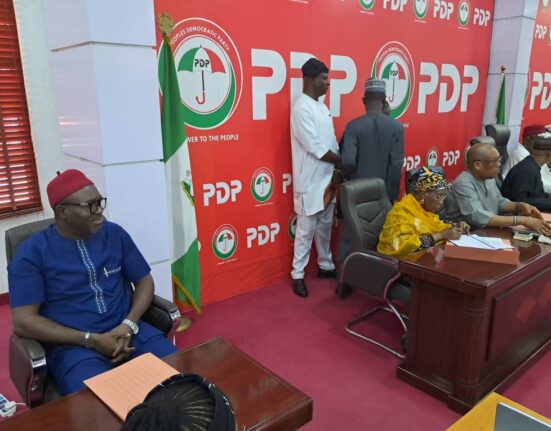
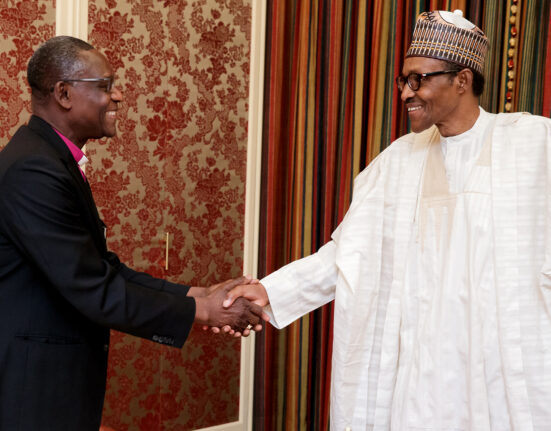
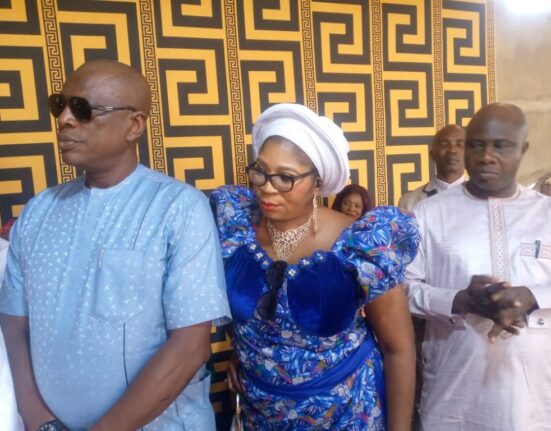
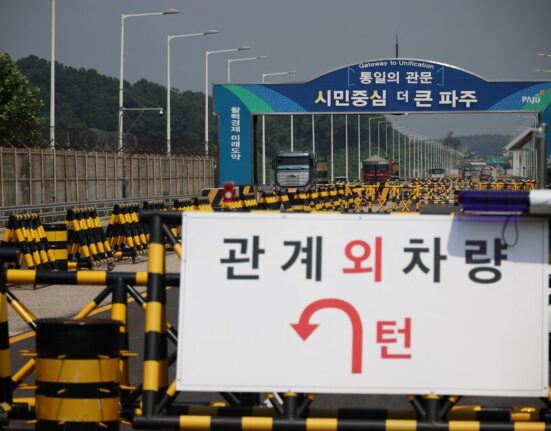
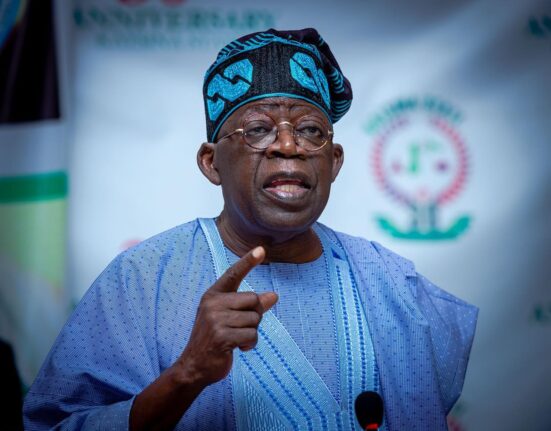
Leave feedback about this